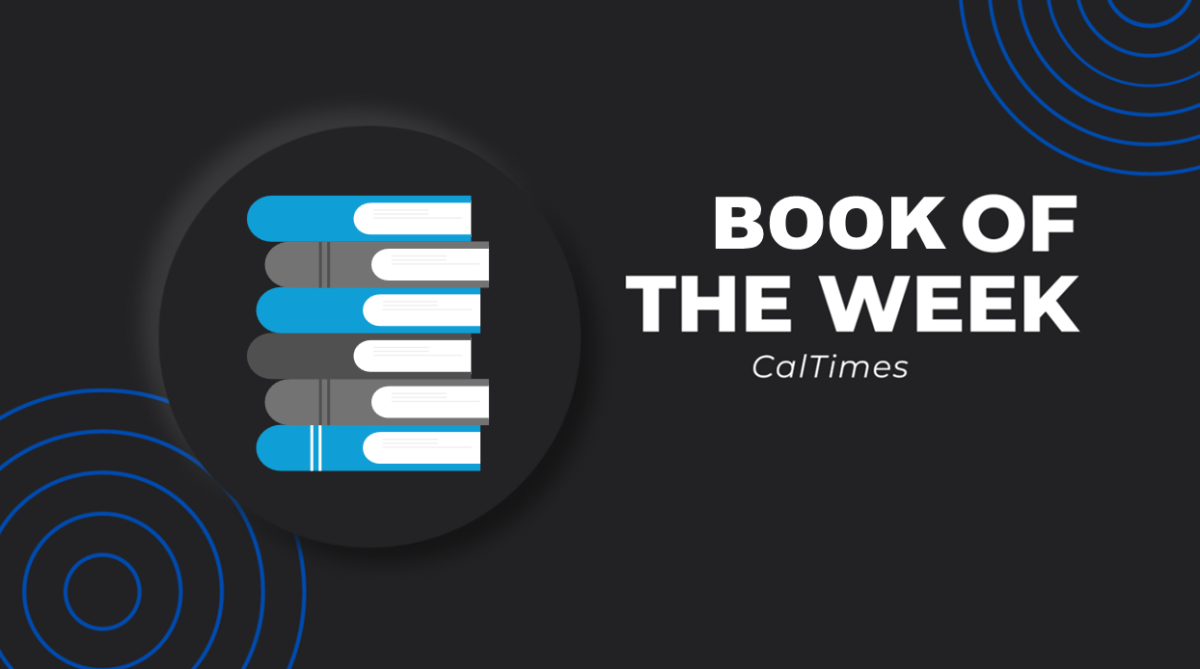College students have so many responsibilities to tend to that it takes a major toll on their mental health. U.S. News reported that 70% of college students are facing mental health challenges. Students at Penn West too struggle with mental health issues, but they don’t have permission to take a day off.
PennWest policy ACO13 states, “Activities to be recognized as an excused absence include, but are not limited to: scheduled athletic competitions; academic competitions in which the student is a participant; military duties; auto accidents; death of an immediate family member; and medical emergencies.” This policy needs to be revised to include mental health crises. At PennWest, students are struggling with mental health issues without a way to take a break.
Professors can also be proactive and allow mental health days in their syllabus. Suppose their attendance policy offers these excused absences. In that case, it will allow those students who are struggling with mental health issues to take a day off during the semester and not have to worry about being penalized for their absence. Students can then have breaks to prevent burnout and improve self-care, both of which can enhance academic performance.
Burnout is one of the most prominent causes of bigger mental health issues. Students work better when they are in a positive mindset. According to mental health provider Talkspace, “current research shows that 1 out of every 6 students in the United States will have at least 1 mental health episode or condition each year.”
Self-care is crucial for students who are experiencing mental health issues. According to mental health provider Malvern Behavioral Health, “Practicing self-care can help students rediscover themselves and what makes them happy. College isn’t just about finding a career path, it’s also about finding independence and building self-worth”. Allowing students to take the time for self-care, whenever they are not having a good mental health day, will help them improve their physical and mental well-being.
If excused mental health days were approved, it would help increase academic performance. Talkspace’s website stated that stress, according to the American Psychological Association, affects the brain’s prefrontal cortex, which is the part of the brain responsible for high-level thinking. Stress can have a detrimental effect on academic performance. When students take time off to recharge, they will be able to come back to class the following day feeling better and more ready to learn.
There would be concerns that missing classes would put students behind, causing more stress instead. On the contrary, mental health days will allow students to destress and catch up on schoolwork that they need to do. Most professors also post their class schedules online, which students can access to make sure they are keeping up in class. Students also can email their professors, talk with them after class, or talk with their professors during their office hours. Students have many ways of making sure they catch up on schoolwork and are not being left behind.
PennWest cares about students and their ability to have good time management skills. We believe the university and its professors want students to succeed, so changing the attendance policy to include excused mental health days would help those of us who are struggling. Other colleges such as Northeastern and Villinova have already taken the initiative to implement excused mental health days. Their student bodies have seemed to appreciate the opportunity to take an excused mental health day.
There is no way of knowing when someone will have a mental health crisis. A student may wake up and just not be able to get out of bed. Students do not have the option to just decide that they are not going to go to school. If PennWest agrees that students’ mental health comes first, we can get these mental health days put in place. Iris Krasnow, a journalism professor emerita at American University, wrote an article on her experience with her students. She states, “Monitoring and speaking out on mental health issues before it’s too late is now an urgent mission among their peers, parents and educators.” If we can come to a solution to these mental health challenges now, we can only improve our students’ future.














Matt • Dec 24, 2024 at 6:35 pm
Snowflake, you are in for quite an experience when you enter the real world.